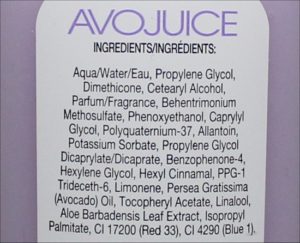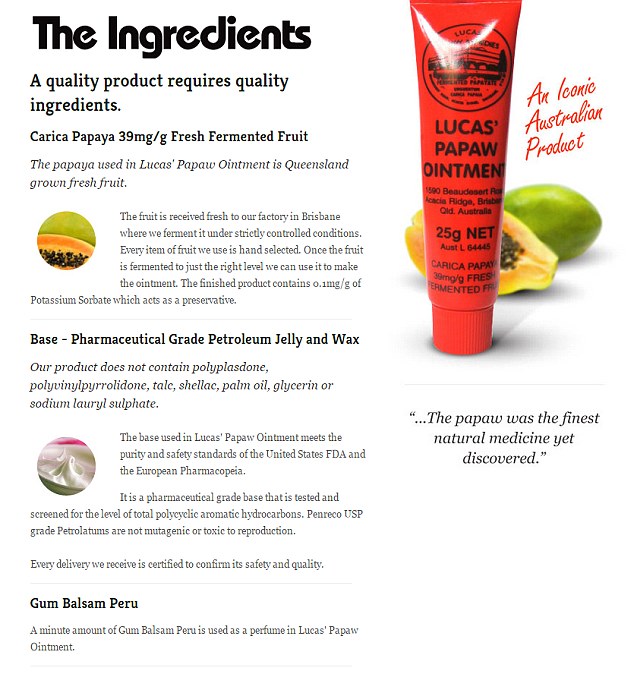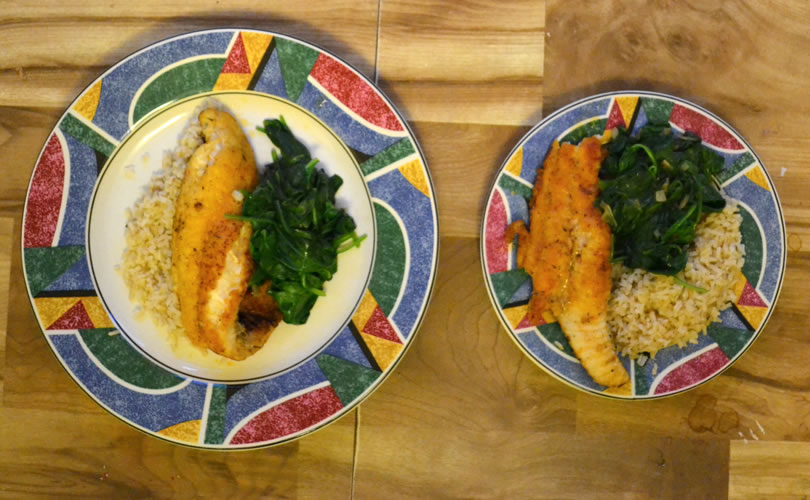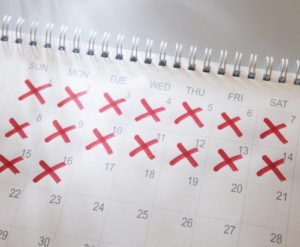 After having been released from the deep-end of the eczema cycle, I sometimes find it difficult to step back into the shoes of those who are still there (suffering from eczema).
After having been released from the deep-end of the eczema cycle, I sometimes find it difficult to step back into the shoes of those who are still there (suffering from eczema).
Recently, I talked to a few friends and acquaintances and here’s what I discovered.
- They are shocked at how dieting ACTUALLY matters. Even if they’ve tried, most people rarely persist through a fair amount of time to see any recovery.
- They believe in most eczema myths. Don’t eat seafood at all because they are pro-allergenic. Drink more water and your skin will become more moist. (These are misleading),
- They generally don’t care and don’t plan. This part struck me most. If you know there’s a way out, why are you not giving it a shot? Perhaps they think it’s too good to be true?
Number 3 is my focus today. I want to talk about one of the most challenging aspects of eczema recovery: how to take the first actions to start, and after that, how to further your plan (by having one first).
It seems repetitive to more experienced readers, but I believe this serves everyone as either a fresh or an important reminder to take action.
1. Go “Sherlock Holmes” On Your Skin Products
Skin products are a double-edged sword. Find something made with natural ingredients (that you’re not allergic to) and they’ll soothe your skin throughout your recovery months. Get the covertly chemically packed lotion, and you unknowingly facilitate your rashes.
Let’s look at a random chemical-filled product:

And here’s a gem made of natural ingredients (I use this too):

As smart consumers, we want to be constantly evaluating what we buy by reading ingredients for food AND for products. The layman’s check: if you can’t pronounce or understand most ingredients, chances are it will aggravate eczema.
How do you distinguish between good and bad chemicals?
Note: “Chemicals” exist in nature. Vegetables, fruits, fish, all have chemicals. “Chemical” doesn’t mean bad. It’s a huge umbrella that you have to get specific on what type of chemical. What I refer here are bad industrial chemicals e.g. food additives, artificial fragrances.
Generally, avoid as many chemical additives as possible. You may let it go if there’s only a few, but Google it first to judge whether you can stand a potential adverse reaction (by reading informative articles that pop up as you search the chemical ingredient).
For example, if I take one of the ingredients from the Avojuice label called “dimethicone” and searched it.
![]() I get not only the scientific descriptions (which you can quickly skim if you are interested, but it’s my job), or you can see the articles below. One from a doctor, one from a healthy cosmetics website. It’s easy. Do your due diligence before purchasing a skincare product for your eczema.
I get not only the scientific descriptions (which you can quickly skim if you are interested, but it’s my job), or you can see the articles below. One from a doctor, one from a healthy cosmetics website. It’s easy. Do your due diligence before purchasing a skincare product for your eczema.
Resources for safe cosmetics: chemicals of concern (to avoid), and this page categorizes companies into skincare, lotions, makeup, etc, and contains companies they screen out as high-grade safe cosmetic companies.
Another tip, don’t use perfume on your skin. Use it on your clothes.
2. Eat Clean, Eat Less
“Stay hungry. Stay foolish.” – Steve Jobs.
Weird quote use but… most people do not realize how important a small change to your dietary habits can play minimize eczema reactions.
1) Eat Clean.
- Consume 2-3 three servings of fatty fish. Salmon, tuna, sardines, and most smaller breeds are great.
- Eat plentiful of vegetables in general, with varieties.
- Ban sugar, or at least gradually cut down your daily sugar intake. (Personally, I don’t even eat fruits but that’s a personal choice).
- Eat exceptionally “clean slate” – without overusing cooking oils, salts, soy sauce, or other seasonings.
- Drink only water, soup, and other natural beverages.
- Cut down the sensitive carbohydrates whether you think your body can tolerate well or not e.g. milk, cheese, bread. (Note: You can always reintroduce them later).
2) Eat Less.

Great if you are eating all the healthy foods, loads of fish and vegetables every week, while cutting down unhealthy foods. All ups and few downs. But you could easily consume excessive “ups.” Eat less means:
- To not eat an excessive amount of something nutritious when sufficient in recommended amounts.
- To eat less in overall volume of a meal: 60-70% satiety is optimal.
For example, eating fish every single day is not necessary. There are overdose risks with mercury – which is one of the common contradictions in eczema recovery. People are bombarded with messages to consume LOTS of fish for omega-3. Concurrently, they are told to avoid fish because of dangerous toxic mercury contamination. What are you supposed to do?
And did you know that not all fruits and vegetables are friendly?
Another reason why you should consume less overall: you use energy for digestion. If you lower the digestive load, you can otherwise use the energy to repair your body’s dysfunctional immune system (culprit for eczema).
3. Sweat More, Sleep Well
Exercise is NOT a supplementary plan to anyone’s health. Exercise is a much necessary near-daily activity for all human beings.
How often and how much to exercise?
Around 2-4 times of vigorous exercise per week. Ideally, you break a sweat and have to catch your breath. Mix up your workouts between moderate running and weight lifting. These two different forms of exercise give you the best health boost.
The best way to describe Sleep is regenerative. You need around 7-9 hours of uninterrupted sleep to allow your body to engage in physiological cleanup i.e. restore energy, repair cells, eliminate waste. If you disturb it, you feel more tired, AND your inflammatory levels will rise and trigger your eczema reactions.
4. Keep Your Calm

Your stress levels, from work, family, relationships and so on, affect how well your immune system functions. If you often feel down, your ability to regulate immunity will malfunction. This ultimately means more unpredictable bursts of eczema itches.
Here are some stress-specific tips:
- Stop the drug intake. Cut coffee, sleeping pills, or other drugs that interfere with how your stress system operates.
- Plan “switched off” time. This could mean meditation to you, or a no-work Sunday rule, or going to the cinemas every week. Point is, you need to locate a way to unplug yourself from the fast-paced stressful life that’s contributing to your intensity of eczema.
- Learn strategies to control your emotions. I know this sounds cliche but it’s critical in maintaining that calm in you so when stressful events occur, your eczema will not adversely react because of it. Maybe it’s deep breathing, learning to cope with difficult people, or your own way to maintain stable emotions.
This isn’t some psychology magic. Your emotions strongly affect your immune system (and its ability to eliminate eczema).
5. Get Your Environment to Support You

One core component of a good eczema recovery plan is to ensure your surroundings support you.
- Tell your family and friends your goal. So they understand what you are doing and won’t push you for that slice of pizza or to bar.
- Don’t have them within reach. If you don’t want to reach for those cookies (sugar, wheat), or the pack of cheese (dairy), then don’t have them in the house in the first place.
- Prevent purchase. This means having a list of grocery items before you step in, so you will plan logically instead of wandering around aisles and acting emotionally to anti-eczema products.
- Find an exercise mate. So that both of you achieve health goals, while both of you can motivate each other to keep going.
- Say no. To social gatherings. To desserts. To junk food. Bars. Friends telling you it’s fine for a scoop of ice cream. To the temptation to appear normal by eating bread.
Here’s a big one: Mark down your goals!
One of the biggest challenges in eczema recovery is not the lack of solution (we all know what to do – eat healthy for a long time). The biggest challenge is persistence.
I’ve had the luxury of living in a supportive environment for my recovery in 2013. I stayed with my aunt during summer for 3 months where I could focus on nothing but recovery. She supported my goal. I knew no one in town. I couldn’t hang out and eat. I lived somewhere far away from great food.
I suspect most of you guys reading this probably live within easy drive to delicious food you just can’t avoid. Here’s an easy sytem to keep your habits going: use the calendar method.
How to Further Your Plan

Let’s pretend we are talking one week from now. You are doing everything well, you eat clean, still struggle on sleep, and haven’t broken your chain on the calendar in maintaining your healthy diet. What’s next?
The solution to eczema is very straightforward and simple. But unsupported opinions, bad alternative medicine advice, etc, confuse the common reader from pursuing recovery. It’s extremely convenient for us to find more answers to more questions that we create because we don’t see immediate results.
Here’s a concise process to further your plan:
- Do a quick check on 7 common eczema myths and see if you recognize any.
- Understand cures don’t exist for eczema. Eczema is an autoimmune disease manifested by a period of damage caused by multifaceted factors including genetic, environmental, dietary, etc. You don’t develop eczema overnight. It’s accumulated over an autoimmune spectrum. Likewise, you can’t “cure” it overnight because eczema can only be reversed through a period of sustained pro-health changes to your immune system.
- Acknowledge your stage of recovery. So you know where you are located, and what you should be paying attention to. Read the four stages of recovery.
- Track your progress along your diet. While your non-diet factors are as important to ensure a smooth eczema recovery, the diet-side needs personalized tracking. Everyone needs to sleep 8 hours, that applies everyone. But some can and some can’t tolerate e.g. tomatoes, eggplants, eggs. Foods you eat regularly may be slowing your recovery you may not even know, especially because of delayed reactions up to 3 days. Track what you eat, and reintroduce sensitive foods gradually.
- Persist, evaluate progress, adjust, and recover!
There are many ways to phrase this process. It doesn’t matter. In a year, I’ll probably mix up my own terms. But what you want to know is that, there is no special trick behind healing eczema.
Don’t wait for the new drug. Forget about that new product your family relative heard from her friend’s cousin. Most of the time, they don’t help and distract you from what you are supposed to do: follow the process and keep going as your body restores.
Now is the time to start your plan!
Thank you for your good and practical advice. I find good and sufficient sleep is paramount.
Thanks. Agreed! Simplest but hardest to implement I’d say…
Thanks for the advice & tips!
Very helpful.
Happy & healthy 2017!
My pleasure! Happy 2017!